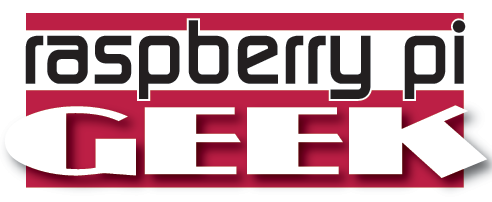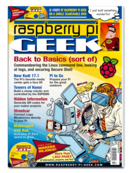Geeks meet in Luxembourg for Pi and More 4
The Grand Duchy of Luxembourg is a small country with a big vision. Despite only 500,000 residents, Luxembourg is a center for banking and commerce, and it serves as the European headquarters for international companies, such as PayPal and Amazon.
For the first time, the Raspberry Pi Jam known as Pi and More [1] took place in Luxembourg on November 9, 2013. The three previous Jams had all taken place in Germany.
CIRCLean
The first lecture of the conference introduced the CIRCLean Project [2] from the Computer Incident Response Center of Luxembourg (CIRCL). This project increases system security when USB sticks from potentially unsafe sources are plugged into a computer. According to the presenters, antivirus programs have at best a 60 percent success rate for recognizing relatively new viruses. If a virus has been programmed to carry out this type of attack, it usually will not even be recognized by the heuristics engine of the AV scanner.
[...]
Buy this article as PDF
Pages: 4
(incl. VAT)






